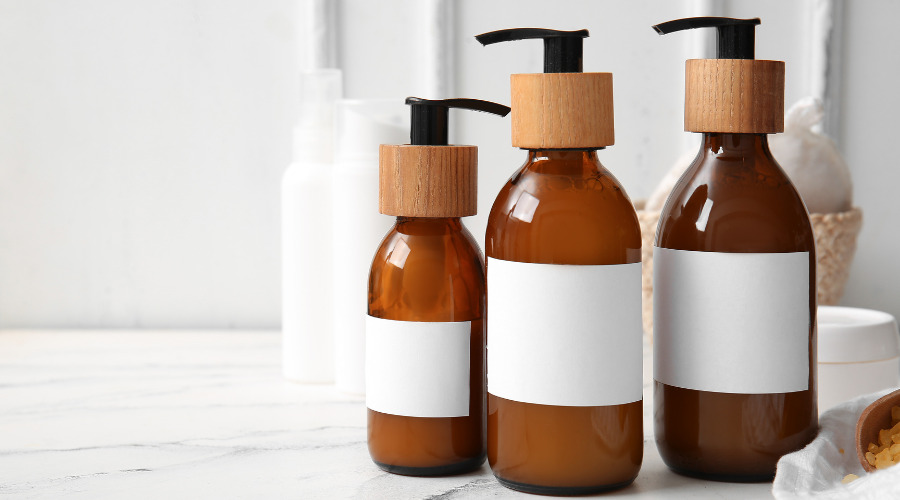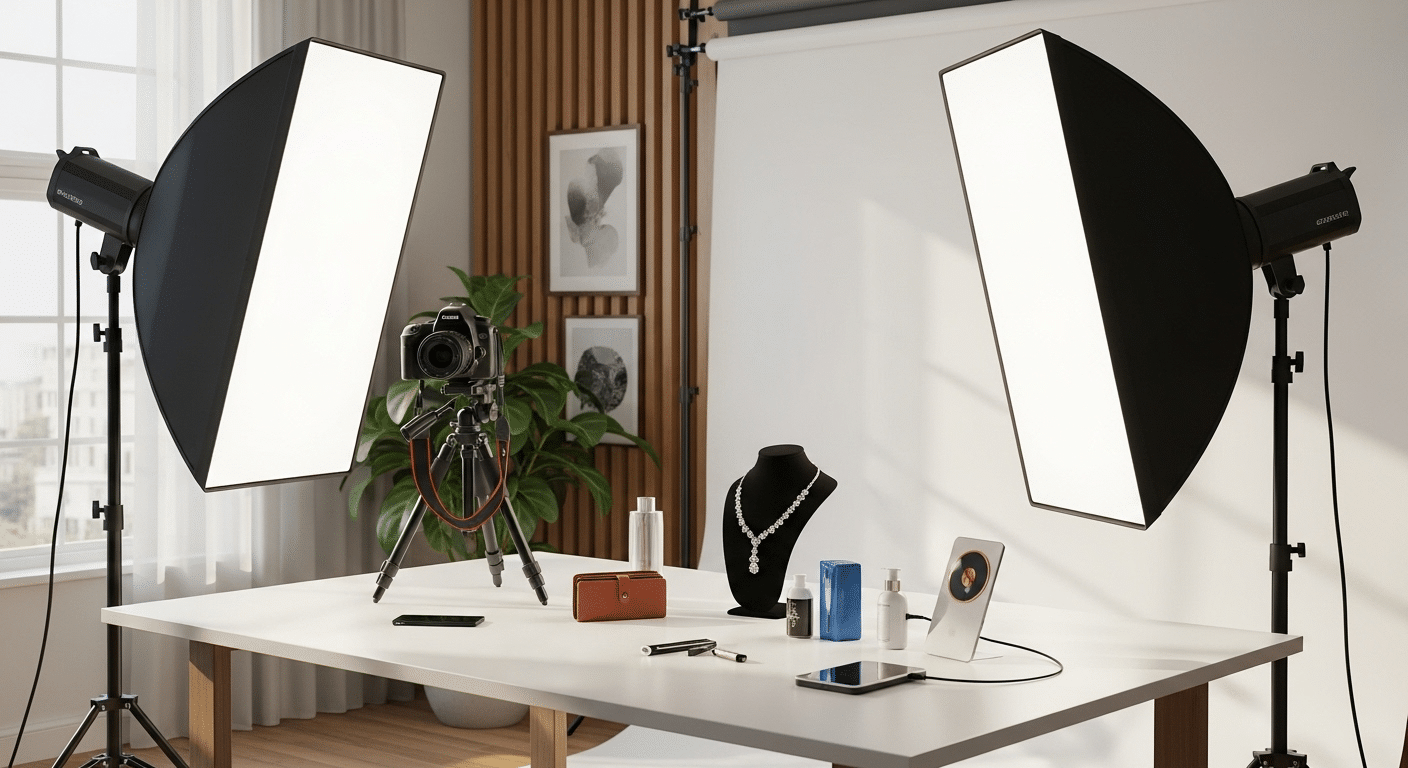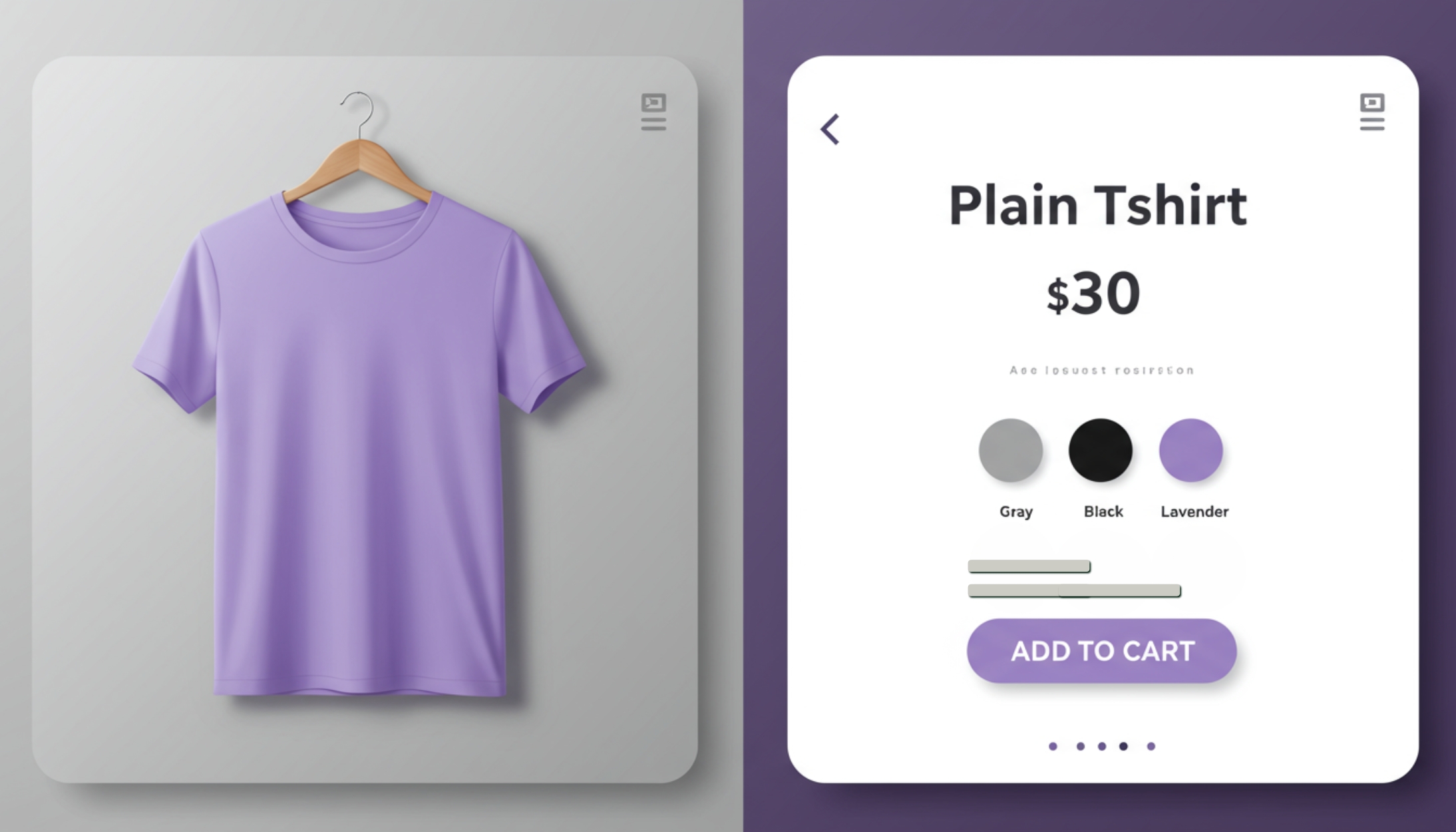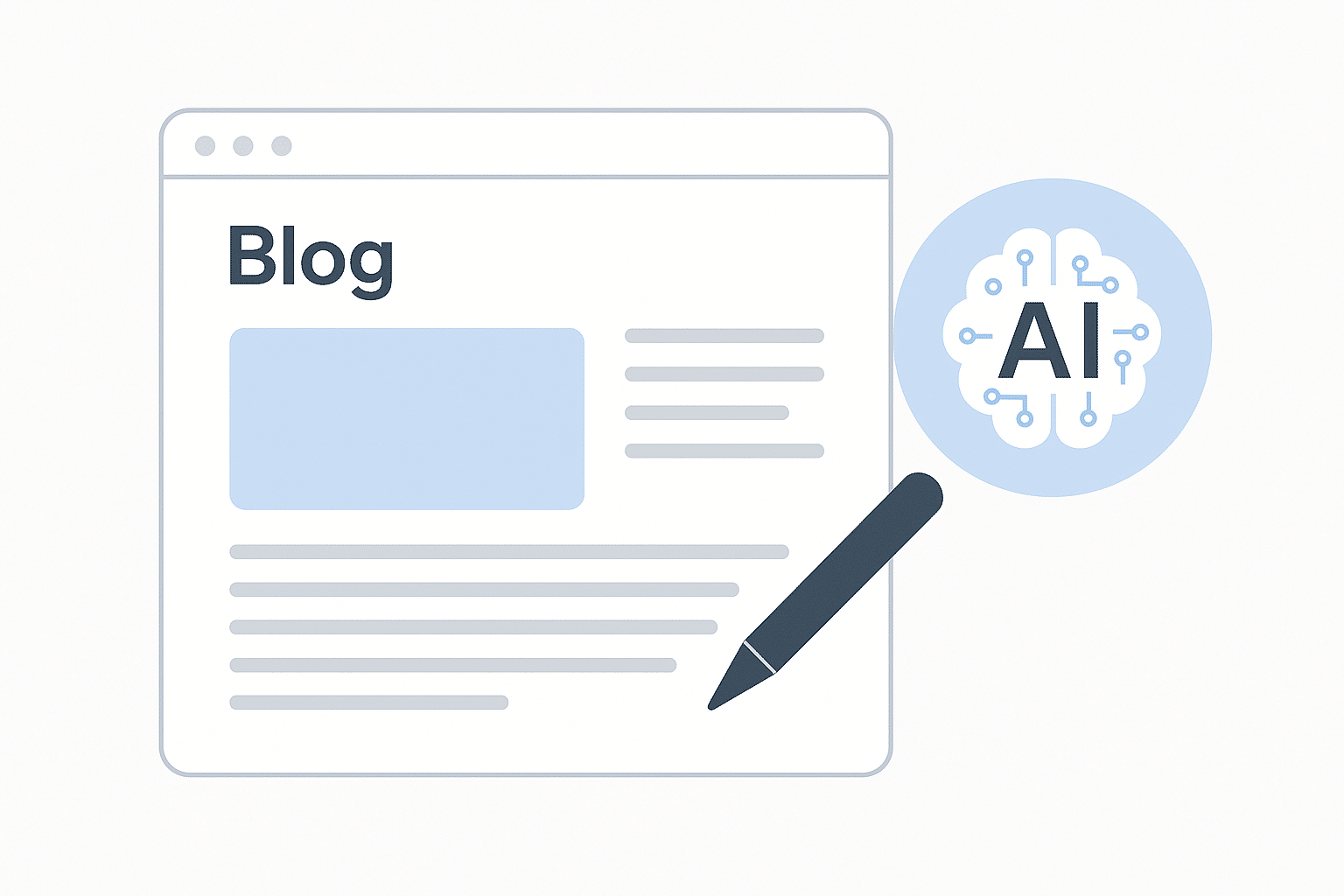Table of Contents
- Introduction
- What Are Private Label Products
- Understanding Private Labeling
- The Benefits of Private Labeling
- Challenges of Private Labeling
- Starting Your Private Label
- What Is Private Label Brand Protection
- The Private Label Market: Current Trends and Growth
- Case Studies and Success Stories
- Trending Private Label Products and Where to Source Them
- Conclusion
- FAQs
Introduction
Ever wondered how retailers compete with national brands using their own products? This guide to private labeling covers everything from the basics to advanced strategies, helping you create a successful private label brand. Discover the secrets behind the success of private label products.
What Are Private Label Products
Key Characteristics of Private Label Products:- Customization: Retailers can customize the product specifications, packaging, and branding to match their requirements and target audience.
- Brand Control: The retailer has complete control over the branding and marketing of the product, enabling them to create a unique brand identity.
- Cost Efficiency: Private label products often have lower production costs compared to national brands, allowing retailers to offer competitive pricing while maintaining higher profit margins.
- Exclusivity: These products are exclusive to the retailer’s brand, which can drive customer loyalty and repeat business.
Examples of Private Label Products:
- Supermarket Goods: Many supermarkets offer private label brands for everyday items such as cereal, canned goods, and cleaning products.
- Cosmetics: Beauty retailers often have their own line of makeup and skincare products.
- Clothing: Apparel retailers may sell private label clothing lines.
- Electronics: Some electronics retailers offer private label accessories like chargers, headphones, and cables.
Understanding Private Labeling
- What is Private Labeling? Imagine you could create your own brand of chocolates without owning a single cocoa bean or chocolate mold. That’s what private labeling does. It allows you to sell products made by someone else, under your own brand name. It’s like being a director of a movie where someone else provides the script, actors, and set!
- The Private Labeling Process Here’s how it typically works: You come up with a product idea that you know your customers will love. Instead of setting up a factory, you find a manufacturer who already produces similar products. You work together to tweak the product to your liking, then slap your brand’s label on it and voila, you have your very own product line!
- Who’s Who in Private Labeling Think of it as a dance between two main partners: the manufacturers who make the goods and the retailers (like you!) who bring those goods to the spotlight under their own brand names. Both players need to sync perfectly for the magic to happen.
- Manufacturers: These are the producers who create the products. They may specialize in specific product categories and often have the infrastructure to produce large quantities.
- Retailers: Retailers are the brands or businesses that market and sell the products under their own names. They handle branding, marketing, and customer relationships.
- Consumers: The end-users who purchase and use the products. Their feedback is crucial for continuous improvement and brand loyalty.
The Benefits of Private Labeling
Why go for private labeling? Let’s talk perks!
- Cost Benefits Jumping into private labeling means you cut out the hefty upfront costs of producing from scratch. Instead, you leverage the expertise and equipment of established manufacturers, which lets you focus on what you do best—selling and growing your brand.
- Market Adaptation This is your chance to shine. Private labeling allows you to adapt products to the needs and tastes of your local market. Is there a demand for organic, sugar-free cookies in your area? Through private labeling, you can quickly introduce a product that meets these specific consumer demands.
- Enhancing Customer Loyalty When customers fall in love with a private label product, they return to your store for more. This exclusivity boosts customer loyalty and helps make your brand a household name. Exclusive products available only under your brand encourage repeat business and foster strong brand loyalty.
- Profit Opportunities Since you’re not investing in production, private label products offer higher profit margins. It’s a win-win: customers get quality products at competitive prices, and you enjoy better margins. You have control over pricing, allowing you to adjust based on market demand to ensure profitability.
Challenges of Private Labeling
It’s not all smooth sailing; there are a few hurdles to consider.
- Quality and Consistency Relying on third parties for product quality can be risky. It’s crucial to choose manufacturers who uphold high standards, as your brand’s reputation depends on it. Establish clear quality standards and maintain regular communication to ensure consistent quality.
- Inventory and Minimum Order Issues Working with manufacturers often involves minimum order quantities, which can be challenging for new products. Strategic planning and accurate demand forecasting are essential to manage this risk and avoid overstock or stockouts.
- Building Brand Recognition Creating a brand from scratch is exciting, but it’s also a lot of hard work. You’ll need to invest in marketing and customer education to make your private label known and loved. Building a new brand requires significant effort in marketing and customer engagement. It takes time and consistent effort to establish brand recognition and trust in the market.
Starting Your Private Labeling?
- Product Selection Choose products that align with your brand’s identity and market demand. Consider current trends and future potential to ensure your products have staying power. The right product can make or break your private label venture. Conduct thorough market research to identify products that align with your brand’s identity and meet consumer demand.
- Selecting the Right Manufacturer Your manufacturer is your partner in success. Research thoroughly, check references, and choose a manufacturer with a proven track record of quality and reliability. Choosing a reliable manufacturer is crucial. Look for one with a good reputation, quality certifications, and the capability to meet your production needs.
- Effective Marketing Strategies Develop a strong marketing plan that highlights the unique selling points of your private label products. Use social media, SEO, email marketing, and influencer partnerships to reach your target audience. Effective marketing is key to the success of your private label. Use a mix of digital marketing strategies, including social media, content marketing, and influencer partnerships, to promote your brand.
What Is Private Label Brand Protection?
Protecting a private label brand means taking steps to ensure your products and brand identity are safe from copycats and counterfeiters. Here’s how you can do it in a straightforward, human-friendly way:- Trademark Registration: Think of this as giving your brand name and logo their own security badge. It makes sure no one else can use them, helping customers recognize and trust your products.
- Copyright Protection: This is like putting a “do not copy” sign on your unique designs, packaging, and promotional materials, ensuring your creative work stays yours.
- Patents: If you’ve invented something special, a patent is like a lock that keeps competitors from copying your innovative features or technology.
- Contracts and Agreements: Clear contracts with your manufacturers and suppliers are like handshake deals but with legal backup. They protect your brand’s secrets and ensure everyone sticks to the rules.
- Monitoring and Enforcement: Regularly checking the market and online stores for fake versions of your products is like being your brand’s own detective, ready to take action when needed.
- Legal Action: When someone steps out of line, sending a cease and desist letter or filing a lawsuit is your way of saying, “Stop right there!” It helps maintain your brand’s integrity.
- Consumer Education: Guiding your customers on where to buy genuine products and warning them about fakes is like giving them a roadmap to ensure they always get the real deal.
- Supply Chain Integrity: Ensuring your entire supply chain is secure and reliable is like building a solid foundation for your brand, preventing counterfeit products from slipping through the cracks.
The Private Label Market: Current Trends and Growth
The private label market has demonstrated significant growth and resilience, particularly over the past few years. According to the Private Label Manufacturers Association (PLMA), the market for store brands reached a record $236.3 billion in sales in 2023, marking an increase of $10.1 billion or 4.7% from the previous year PLMA. This growth trend indicates the increasing consumer preference for private label products across various categories.
Key Drivers of Market Growth
- Consumer Demand for Value: Private label products offer comparable quality to national brands but at lower prices. This value proposition is particularly appealing during economic uncertainties, driving more consumers to opt for store brands.
- Retailer Expansion: Major retailers such as Amazon, Walmart, and Costco have significantly increased their private label offerings. These retailers utilize extensive market research and consumer insights to develop products that cater to specific needs, enhancing the appeal of their private label lines.
- Innovation and Quality: The quality perception of private label products has improved considerably. Retailers are investing in innovation, ensuring their private label products meet or exceed the standards of national brands. This focus on quality and innovation has helped boost consumer trust and loyalty.
- E-commerce and Digital Growth: The rise of e-commerce has provided a substantial boost to the private label market. Online platforms allow retailers to introduce and market their private label products more efficiently, reaching a broader audience and providing greater convenience for consumers.
- Market Share Increases: Over the past four years, store brand dollar sales have grown by $60.2 billion, a 34% increase. Store brand dollar share rose to a record 18.9% in 2023, with unit share also hitting a new high of 20.7%PLMA
Future Outlook
The private label market is expected to continue its upward trajectory. The first four months of 2025 have already shown that private label brands outperformed national brands in both dollar and unit sales. With dollar share advancing to 20.5% and unit share moving up to 23.1%, the trend indicates a strong consumer shift towards private label products PLMA
For more detailed insights and statistics, you can refer to the PLMA’s 2024 Private Label Report.
Case Studies and Success Stories
- Case Study: Kirkland by Costco Kirkland Signature, Costco’s private label, is a prime example of private labeling done right. With a diverse product range and a reputation for quality and value, Kirkland products contribute significantly to Costco’s revenue. Launched in 1995, Kirkland Signature has become synonymous with quality and value. By offering a wide range of products under its brand, Costco has created a loyal customer base that trusts the Kirkland name.
- Case Study: Amazon Basics Amazon Basics is another success story. By offering everyday items at competitive prices, Amazon has created a trusted brand that competes directly with other retailers on its platform. Since its launch in 2009, Amazon Basics has expanded to include a wide variety of products, from electronics to home goods. The brand’s success lies in its ability to offer reliable, affordable products that meet customer needs.
Trending Private Label Products
Navigating the expansive world of private labeling can be overwhelming with countless product options available. To simplify your journey, I’ve compiled a list of trending private-label product ideas with their monthly searches. These categories are not only popular among consumers but also provide a great starting point for retailers looking to dive into private labeling.
- Private-Label Apparel and Accessories
- Backpacks (1.22 million monthly searches)
- Women’s Jeans (368,000 monthly searches)
- Maternity Dresses (368,000 monthly searches)
- Men’s Dress Shoes (201,000 monthly searches)
- Women’s Hiking Boots (165,000 monthly searches)
- Women’s Tank Tops (135,000 monthly searches)
- Women’s Yoga Pants (49,500 monthly searches)
- Workout Shorts for Men (9,900 monthly searches)
- Private-Label Cosmetics and Hair Care
- Shampoo (673,000 monthly searches)
- Hyaluronic Acid (550,000 monthly searches)
- Sunscreen (550,000 monthly searches)
- Moisturizer (450,000 monthly searches)
- Hairspray (368,000 monthly searches)
- Conditioner (246,000 monthly searches)
- Dry Shampoo (165,000 monthly searches)
- Hair Oils and Serums (110,000 monthly searches)
- Eye Cream (110,000 monthly searches)
- Hair Wax (74,000 monthly searches) 19. Mousse (74,000 monthly searches)
- Hair Gel (60,500 monthly searches)
- Exfoliating Toner (18,100 monthly searches)
- Natural Facial Cleanser (6,600 monthly searches)
- Curl Enhancing Cream (1,000 monthly searches)
- CBD Face Oil (920 monthly searches) 25. Polypeptide Cream (590 monthly searches)
- Private-Label Foods and Supplements
- Cakes and Pies (2.7 million monthly searches)
- Pasta (1.5 million monthly searches)
- Candy and Chocolate (1.2 million monthly searches)
- Probiotics (673,000 monthly searches)
- Soup (550,000 monthly searches)
- Niacinamide (550,000 monthly searches)
- B Vitamins (368,000 monthly searches)
- Condiments (165,000 monthly searches)
- Gluten-Free Products (135,000 monthly searches)
- Breakfast Foods (110,000 monthly searches)
- Omega-3 Fatty Acids (90,500 monthly searches)
- Organic Foods (60,500 monthly searches)
- Tri-Mag (22,200 monthly searches)
- Fair Trade Products (12,100 monthly searches)
- Vitamin D3 Liquid (3,600 monthly searches)
- Zinc with Elderberry (1,600 monthly searches)
- CBD Products (1,600 monthly searches)
- Non-Dairy Products (1,000 monthly searches)
- ADK Vitamins (480 monthly searches)
- Liposomal Melatonin Spray (390 monthly searches)
- Eco-Friendly and Sustainable Products
- Biodegradable Phone Cases – Growing awareness about plastic pollution has boosted interest in eco-friendly tech accessories.
- Reusable Shopping Bags – With plastic bag bans in various regions, reusable bags have become a necessity and a style statement.
- Sustainable Home Goods (e.g., bamboo toothbrushes, reusable water bottles) – Products that promote a zero-waste lifestyle are in demand.
- Health and Wellness Products
- Keto Snacks – The popularity of ketogenic diets has led to a significant market for low-carb, high-fat snacks.
- CBD Gummies – With the legalization of hemp-derived products in many areas, CBD products are increasingly popular for relaxation and pain relief.
- Smart Fitness Equipment – Home workout solutions that offer connectivity and tracking are highly sought after, especially post-pandemic.
- Tech Gadgets and Accessories
- Wireless Charging Stations – With more devices supporting wireless charging, demand for charging pads and stations is growing.
- Smart Home Devices (e.g., smart light bulbs, smart thermostats) – Products that enhance home automation and energy efficiency are trending.
- Pet Products
- Pet Health Supplements – Items like joint health chews and probiotic supplements for pets are becoming staples.
- High-Quality Pet Food – There’s a growing trend towards health-conscious food options for pets, including organic and grain-free choices.
Conclusion
Private labeling offers a unique opportunity for businesses to create their own brand and differentiate themselves in the market. From understanding the basics of private labeling to exploring its benefits and overcoming challenges, this guide provides a comprehensive roadmap for success. By carefully selecting products, partnering with reliable manufacturers, and implementing effective marketing strategies, you can build a loyal customer base and enjoy higher profit margins.
FAQs
1.What is a private label brand?
A private label brand is a brand that is owned by a retailer or supplier but manufactured by a third party. These brands are exclusive to the retailer and are sold under the retailer’s own branding.
2.What is private label manufacturing?
Private label manufacturing is the process where a manufacturer produces goods that are branded and sold by another company under its own brand name. The manufacturer does not sell these products under its own name.
3.What is private label brand protection?
Private label brand protection involves measures taken to safeguard a private label brand from counterfeiting, unauthorized use, and infringement. This includes trademark registration, monitoring the market for violations, and enforcing legal actions against infringers.
4.What is the difference between private label and own brand?
- Private Label: Products are manufactured by one company but sold under another company’s brand name. Retailers or wholesalers control the product specifications and branding but not the manufacturing.
- Own Brand: Products are created, manufactured, and sold by the same company under their brand name. This company has full control over the product from creation to sale.
5.What are the four types of private labels?
- Generic Private Labels: Basic products with minimal branding and lower prices, often seen in staple goods like food and household items.
- Copycat Private Labels: Products that mimic the appearance and branding of leading national brands but are sold at lower prices.
- Premium Private Labels: Higher-quality products positioned as superior alternatives to national brands, often priced similarly to or higher than the branded competition.
- Value Innovator Private Labels: Products that combine good quality with affordable pricing, offering value and innovation, often targeting niche markets or providing unique features.
6.Is private label profitable?
Yes, private labeling can be highly profitable. It allows retailers to differentiate their products, build brand loyalty, and achieve higher margins compared to reselling national brands. By controlling the branding and sometimes the production process, businesses can reduce costs and respond more quickly to market trends and consumer demands.



 Create Your Brand
Create Your Brand 



